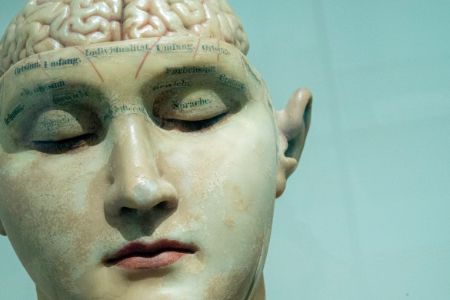Sleep 😴 Dementia
NYT details how poor sleep affects the risk of dementia — too little (or even too much) sleep can increase the risk of cognitive decline as you age. While exact causes of sleep induced dementia aren't clear, changes to sleep patterns may be an early indicator of this terrible disease.

The experts say that sleep is like ablutions for your brain — where the cerebrospinal fluid surrounding brain cells flushes cellular waste into the bloodstream, where it’s filtered by the liver and kidneys before being excreted.
Brain waste includes the protein amyloid (thought to be key in Alzheimer’s disease). Problems arise when amyloid accumulates into sticky clumps called plaques. The longer you are awake, the more amyloid builds up and the less time your brain has to remove it. And this is the correlation with sleep disorders — healthy 🧠 require around eight hours per night.
Experts don't know if sleep disorders trigger the accumulation of amyloid. But, research shows that boomers with brain plaques and poor sleep tend to have impaired cognition. So, lack of sleep might not cause dementia but it's a risk factor at increasing and speeding a person's decline if they do.
Those with Alzheimer's disease might show symptoms in their 60s-70s but amyloid can accumulate decades earlier so it’s important to aim for seven to nine hours a night starting in your 40s-50s — at least.
Sleep disorders like sleep apnea are also associated with increased risks of dementia — perhaps because it disrupts people’s sleep or because it occurs in those with obesity or diabetes which are both linked to dementia. Plus, sleep apnea limits the oxygen reaching the brain, which can increase inflammation and damage brain blood vessels and cells.
If that's not enough, too much sleep may also be linked to increased risks for dementia as it might indicate poor sleep which, as stated, is a risk factor, or, it could be related to a disability like depression/cardiovascular disease or isolation which are further risk factors.
Some of the earliest brain areas affected by Alzheimer’s are those that help regulate sleep and circadian rhythms. Accordingly, those with Alzheimer's have sleep problems before showing other symptoms like memory loss.
Another protein thought to cause Alzheimer’s is tau which accumulates and damages brain cells resulting in cognitive decline. And one of places tau buildups is the brainstem areas for regulating sleep-wake cycles.
Sleep disorders can also be signs of other dementia types like Lewy body dementia and Parkinson’s disease dementia where rapid eye movement (REM) sleep is disrupted detrimentally. So if you have changes to your sleep patterns (even if you're not in a usual age bracket) or already have suffer poor sleep, see your doctor, early!
Also, as lifestyle factors play a major role — including dementia risks — in health as you age, you should check out the guidelines for how much sitting, standing and sleeping a healthy person requires each day.
That's what we are going to do — it's important! 🥱 🛌
- ↜ Previous: Religion is 👺vil
- ↝ Next: America 🇺🇸 Is ...